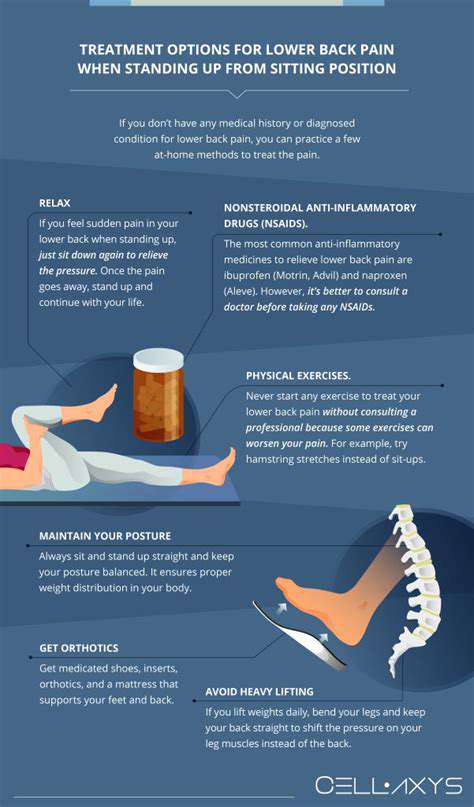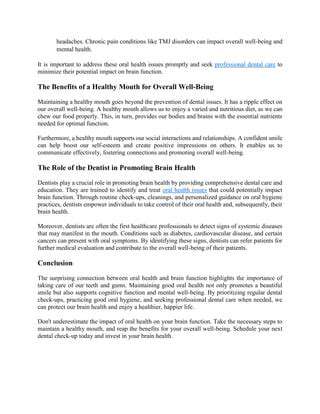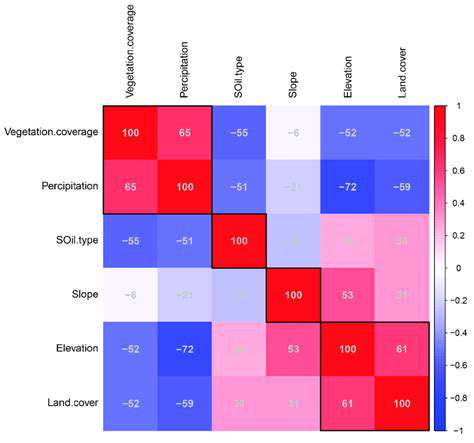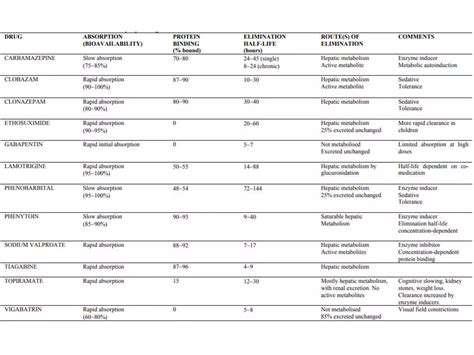Nutrition for Overall Well being and Headache Reduction
Hydration and Headache Management
Why Hydration Matters for Headache Prevention
Proper hydration is fundamental for health and helps prevent headaches. Dehydration commonly triggers tension headaches and migraines. When water levels drop, blood volume decreases, narrowing brain blood vessels and sending pain signals. Drinking enough water, especially during activity or heat, significantly cuts headache risks.
Dehydration symptoms like fatigue, dizziness, and dry mouth sometimes mimic headaches. Addressing these quickly with fluids can stop headaches before they start. Carrying a water bottle and sipping regularly are simple, effective hydration strategies.
Electrolytes and Headache Relief
Electrolyte imbalances contribute to headaches too. Sodium, potassium, and magnesium are crucial for nerve and muscle function. Low levels disrupt body processes, potentially causing headaches. A balanced diet with fruits, vegetables, and whole grains maintains electrolyte balance.
Some foods excel at replenishing electrolytes. Bananas offer potassium, while coconut water provides multiple electrolytes. Including these can help restore balance and possibly ease headache symptoms.
Targeted Hydration Approaches for Headache Sufferers
Headache-prone individuals might try specific hydration tactics. Drinking water first thing in the morning rehydrates after sleep. Tracking daily fluid intake with apps or journals reveals patterns for adjustment. Limiting sugary drinks and excess caffeine—both dehydrating—is also wise.
Water Quality's Role in Headache Prevention
Water quality affects headache frequency too. Impurities or contaminants in water supplies might trigger headaches for some. Water filters or purifiers can remove these potential triggers. Consulting water quality specialists or healthcare providers offers personalized solutions for better hydration and headache management.
Combining Hydration with Other Headache Strategies
Hydration is one component of comprehensive headache management. Stress reduction, consistent sleep, and balanced nutrition also matter. Combining good hydration with these lifestyle factors creates a robust prevention plan. Finding the right personal combination is key to effective headache control.
Lifestyle Adjustments for Fewer Headaches
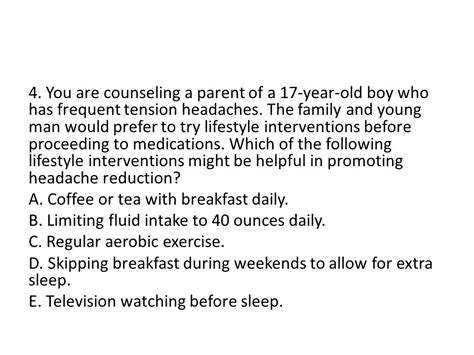
Mental Health Priority
Mental well-being significantly impacts headache frequency. Stress, anxiety, and depression often worsen headaches, making coping skills essential. Relaxation practices like meditation or yoga provide substantial benefits. Enjoyable hobbies and fulfilling activities also reduce stress and improve mental health.
Support networks matter too. Sharing concerns with friends, family, or professionals offers perspective and coping strategies for stress-related head pain. Strong support systems greatly enhance well-being management.
Diet's Role in Head Pain
Certain foods and drinks trigger headaches. Identifying personal triggers through careful observation is crucial. Food diaries help spot problematic items. Recognizing specific dietary triggers allows for meaningful adjustments. Reducing common triggers like caffeine, alcohol, or processed foods while increasing fruits, vegetables, and whole grains may decrease headache frequency and intensity.
Hydration's Importance
Proper hydration prevents headaches. Dehydration is a common trigger, making consistent water intake vital. Carrying a water bottle encourages regular drinking. Adequate hydration supports all body functions and helps avoid dehydration-related headaches.
Sleep's Impact on Headaches
Quality sleep is essential for headache management. Consistent sleep schedules and relaxing pre-bed routines improve sleep quality. Regular sleep patterns, often neglected, profoundly affect health and headache occurrence. Poor sleep can trigger headaches or intensify existing ones, making sleep hygiene a priority.
Exercise for Headache Prevention
Regular physical activity benefits overall health and may reduce headaches. Relaxation-focused exercises particularly help manage headaches. Even moderate activity makes a difference. Exercise improves circulation and reduces stress—both important for headache prevention. Finding enjoyable activities like walking, swimming, or yoga promotes consistency and better headache control.
Environmental Triggers
Environmental factors influence headaches. Weather changes—temperature or humidity shifts—trigger headaches for some. Noise pollution and strong odors also contribute. Identifying environmental triggers enables proactive management. Recognizing sensitivities to factors like temperature or scents allows for preventive adjustments to surroundings or routines.
